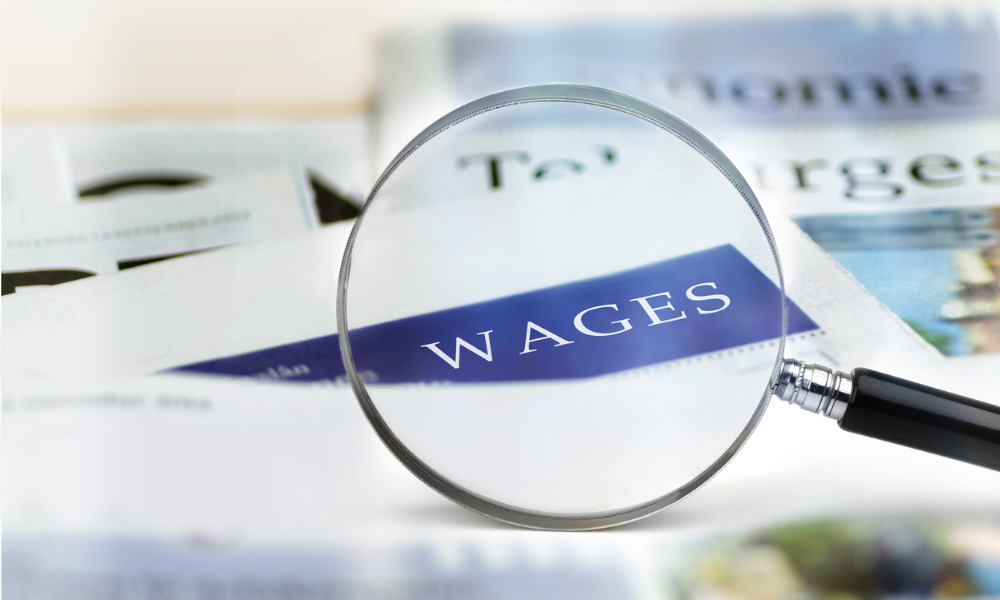
The company said NZ’s ‘improved outlook’ is reason behind decision

Ryman Healthcare has agreed to pay back its $14.2 million wage subsidy from the government.
The country’s largest retirement village operator was previously criticised for not repaying the financial aid, despite paying $44million in first-half dividends to its shareholders.
Rival company Summerset has also committed to repaying its $8.6 million subsidy.
The government initiative launched in response to COVID-19 was intended to help businesses that had experienced a significant drop in revenue to keep their staff in employment.
With an estimated cost of $14 billion, there has been a focus on which of the top NSX businesses have committed to repaying the subsidy.
Read more: Ryman Healthcare urged to repay $14.2m wage subsidy
In a statement provided to HRD, Ryman Healthcare’s chairman David Kerr said the subsidy scheme provided help at a time of great uncertainty.
“Since January we have spent more than $50 million on our COVID-19 response, and I’m pleased to say we have not had a single case of COVID-19 among our more than 18,000 residents and staff,” he said.
“The financial certainty the subsidy gave us was a factor in our success during a difficult period.
"During the Level 4 lockdown we were unable to sell, market, refurbish, build or admit new residents, which severely impacted our trading, and so we met the criteria to qualify for the subsidy.
"We have regularly reviewed our position in relation to retaining the wage subsidy. The improved outlook in New Zealand means we are now committed to repaying the subsidy. Once again, we’d like to thank the New Zealand Government for its help."
Initially, the company used its spending on measures to protect customers and employees as justification for keeping the wage subsidy.
Read more: NZ extends safety net for small businesses until end of 2020
But critics said that was not the intended purpose of the subsidy and in light of the substantial dividends paid to shareholders, repaying the financial aid was the right thing to do.
Businesses across NZ are required to repay the subsidy if their drop in revenue did not meet the threshold.
Random audits are being carried out by fraud investigators at the Ministry of Social Development to catch employers misusing the scheme.
As of November, more than 17,000 businesses had made repayments voluntarily, totalling $510 million.